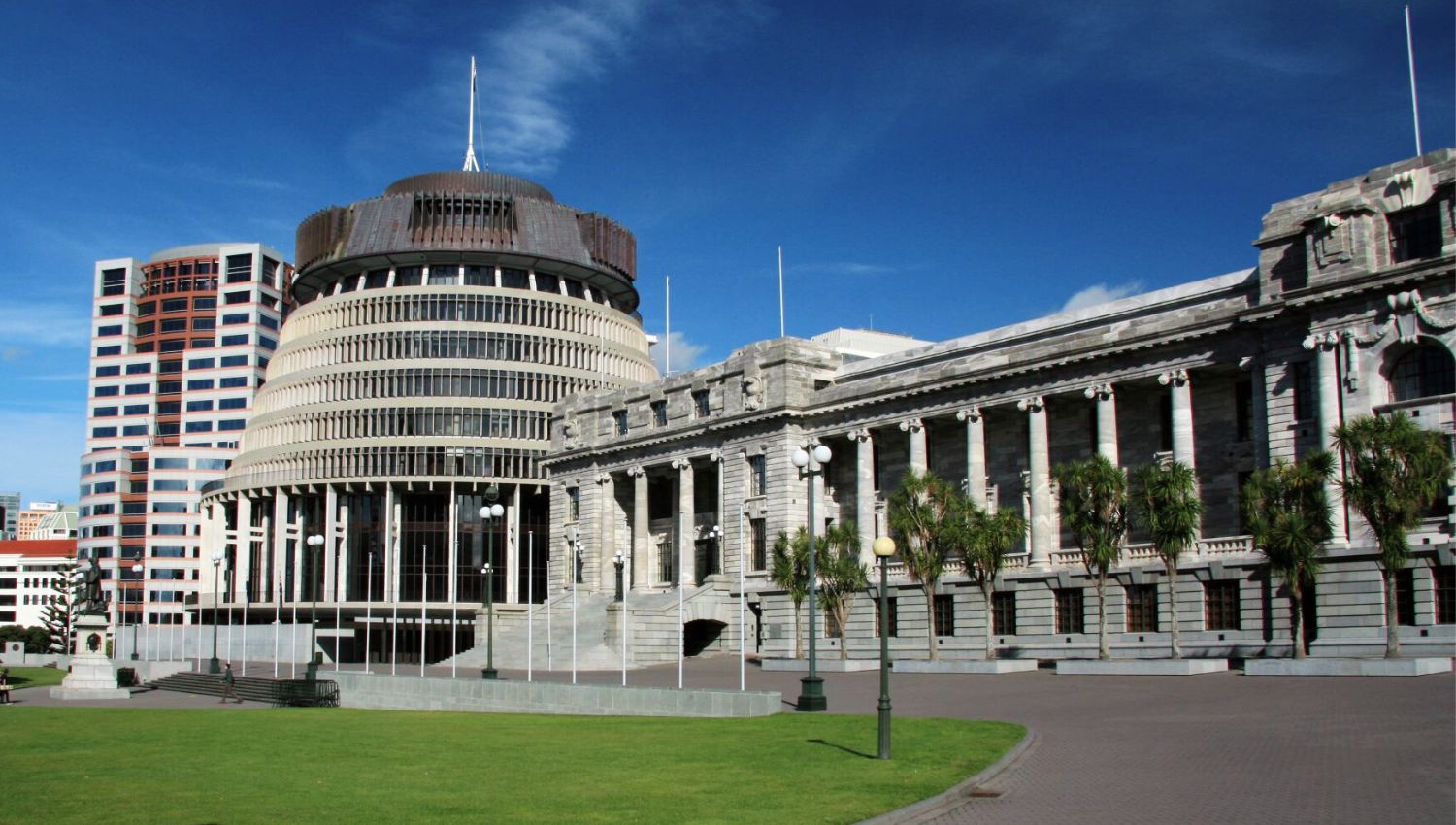The Environment Select Committee has returned its recommendations in relation to the Natural and Built Environments Bill (NBB) and the Spatial Planning Bill (SPB), the two pieces of legislation that will replace the Resource Management Act 1991 (the Bills).
The Environment Select Committee has made a number of changes to the Bills, some more controversial than others, and many which tidy up aspects of the proposed legislation. One of the most significant is a change to the purpose of the Bills, which is now solely focused on upholding te Oranga o te Taiao. Previously the Bills contained dual purposes. This change represents a lessening of focus on use of the environment, in favour of environmental protection, and in all likelihood will increase challenges for developers and other users of resources.
Welcome news for those resource users will be the Committee’s recommendation to introduce an objective to the NBB which emphasises the focus of the legislation on upfront planning through plan making processes, to reduce reliance on consenting.
The Committee has also recommended amendments to the outcomes of the NBB, and included provisions which address the management of conflicts between outcomes. An example of this would be a development proposal that meets the outcome of ensuring infrastructure is provided in a timely and ongoing matter, but may have effects on indigenous biodiversity, meaning it could be in conflict with the outcome requiring protection of indigenous biodiversity. The conflict provisions state that not all outcomes need to be achieved in all places and at all times, and that achieving outcome compatibility should be favoured over achieving one outcome over another. Whether these provisions assist in practice to resolve conflicting interests when it comes to managing our resources is yet to be seen.
Many called through the submissions process for the continued use of certain RMA terminology that has been the subject of significant litigation and is now well understood. Unfortunately, that call has not been answered in relation to the effects management hierarchy provisions in the NBB, which now require residual effects that are “more than trivial” (terminology not used in the RMA) to be offset and compensated for in the context of significant biodiversity areas, and specified cultural heritage areas.
In terms of the SPB, the Committee has not recommended any major changes other than the change to its purpose which has been discussed above. Interestingly, the Committee has recommended the removal of the prohibition on considering impacts on scenic views (from private properties) from the SPB, therefore allowing consideration of impacts on scenic views from private properties as part of preparation of regional spatial strategies, but the prohibition has remained in the NBB meaning it won’t be a consideration in regional NBE plans or consenting processes.
The process to enacting the Bills is likely to move quite quickly from here, without further public consultation and with limited further amendments. The second reading is occurring this week, followed by a Committee of the Whole House before a final reading prior to royal assent. The future of the Bills is unclear if there is a change in government later this year, with both National and Act refusing to the support the Bills, taking the position that they are worse than the current system in place under the RMA.







